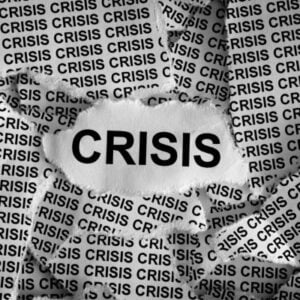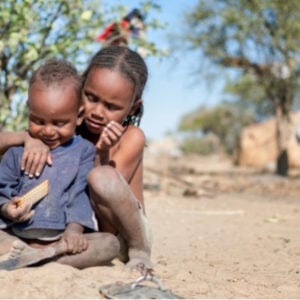In 2025, the EU-AU Partnership marks its 25th anniversary since its establishment at the Cairo Summit in 2000. This milestone comes at a critical time, following the successful 3rd EU-AU Ministerial Meeting in Brussels and ahead of the 7th AU-EU Summit scheduled for later in the year. The EU and Africa remain firmly committed to a partnership that supports inclusive, sustainable, and resilient growth. With Africa’s dynamic youth population and valuable natural resources, there is enormous potential for transformative collaboration, particularly in advancing green and digital transitions. The EU aims to support this by promoting strategic investments and innovative financial solutions that can drive economic and social progress across both continents.
A major tool in this collaborative effort is the Global Gateway Africa–Europe Investment Package. This initiative aligns with the African Union’s Agenda 2063 and addresses 11 key policy areas, ranging from sustainable energy and digital transformation to education and health systems. Implemented through the Team Europe approach, this package combines resources and expertise from EU institutions, member states, and the private sector to support Africa’s priorities and create shared prosperity.
The EU is currently Africa’s largest trade partner, with trade flows reaching €355 billion in 2024. It also holds the highest foreign direct investment stock in Africa at €239 billion. However, Africa still attracts only about 3% of global FDI. To close this gap, the EU has developed tools like the European Fund for Sustainable Development Plus (EFSD+), which helps de-risk investments and attract private capital. Initiatives like the Africa Virtual Investment Platform and the EU-Africa Business Forum regional platform also aim to boost confidence and coordination between the continents’ private sectors.
Addressing Africa’s development needs also requires fair access to concessional finance and better mobilisation of domestic fiscal resources. One of the major setbacks to development is illicit financial flows (IFFs), which cost the continent around $89 billion annually. To combat this, the EU launched the Team Europe Initiative in 2024, mobilising €450 million across over 70 programmes that target money laundering, tax evasion, terrorism financing, and corruption in collaboration with African governments and institutions.
Improving public finance management is another cornerstone of EU support. Through the ‘Collect More, Spend Better’ initiative, the EU is helping African countries increase their domestic resource mobilisation and improve the efficiency of public spending. This aligns with broader goals of ensuring that Africa’s own resources are optimised for development.
The EU also plays an active role in reforming the international financial system to make it more responsive to the needs of developing economies. As part of the G20 efforts to enhance multilateral development banks, the EU advocates for stronger private sector engagement and better utilisation of concessional finance. To this end, 16 EU member states have pledged around $37 billion in Special Drawing Rights to key IMF trusts, and additional EU contributions have been made through grants and subsidies to enhance Africa’s access to international financing.
Furthermore, the EU is a strong proponent of expanding Africa’s voice in global financial governance. This includes efforts to increase African representation at the IMF Executive Board and foster cooperation among international and African-led development banks.
Despite its vast potential, Africa faces ongoing challenges such as limited fiscal space, high debt levels, and pressing development financing needs. Recognising this, the EU continues to deepen its commitment to Africa by supporting investment, fostering mutual cooperation, and building a sustainable and inclusive future for both regions.







